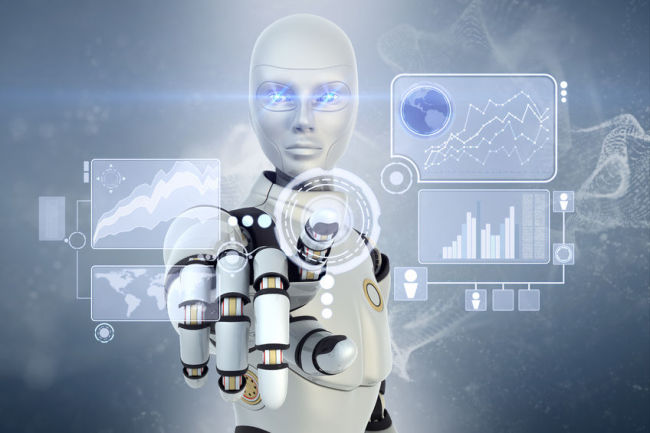Korea will invest 2.2 trillion won ($2.01 billion) over the next 10 years to nurture future technologies, including artificial intelligence, virtual reality and automated driving, the government said Wednesday.
The plan, endorsed at a meeting presided over by President Park Geun-hye, entails nine projects receiving a total of 2.2 trillion won in governmental and private investments by 2026, as “new growth engines” in the Korean economy.

(123rf)
The sectors for future growth are autonomous vehicles, light materials, smart city development, artificial intelligence, virtual reality, precision medicine, new drugs, carbon utilization and fine dust control.
“By refocusing on science and technology, Korea can find the way out of the current economic hardship and the way to a new growth era,” Park stressed.
For the 10-year program, the government will commit 1.6 trillion won while the remaining 600 billion won is projected to come from the private sector.
As for AI, Korea’s technological level is about 70 percent of the leading group, which the government hopes to raise to 100 percent by 2026, the Science Ministry explained.
To achieve that goal, the government aims to raise the number of AI-specialized companies from 100 in 2019 to 1,000 in 2026 and the number of professionals from around 3,000 to 12,000 over the same period.
As for virtual and augmented reality technologies, the government is looking to the U.S.
The local industry is more than 1 1/2 years behind the U.S.’ level, but the government aims to reduce that gap to six months, the Science Ministry said.
According to Goldman Sachs, the global market for VR and AR is estimated to be worth $80 billion by 2025 from the current $2.2 billion. Korea aims for a 5 percent market share by 2025, by concentrating government support on 10 promising local developers in 2018, expanding that number to 50 by 2020.
As for automated driving technology, Korea plans to build roads for self-driving cars and establish rules and regulations for their operations by 2020.
By Lee Sun-young (milaya@heraldcorp.com)






